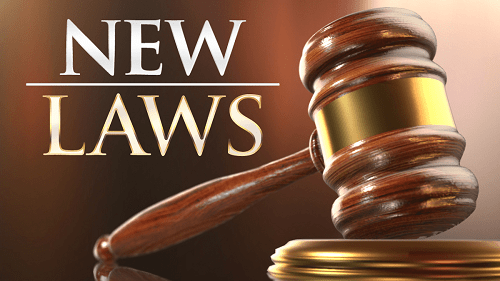
7.1.21 – Southern Maryland Chronicle
COVID-19 Restrictions: At 12:00 a.m. on July 1, 2021, the Maryland COVID-19 State of Emergency ended per Governor Hogan’s Executive Order. With that, all emergency mandates and restrictions related to COVID-19 end in Maryland on July 1. Masks will no longer be required anywhere under state law, including in schools, child care facilities, and summer camps. Businesses and workplaces, though, can still set their own policies on face coverings.
Hogan has said that with over 70% of Marylanders vaccinated, falling hospitalization rates, and case numbers lower, it’s time to get back to normal. He emphasized though, it is still not over.
“While the end of the state of emergency is an important step in our recovery from COVID-19, it does not mean that this virus and the variants no longer pose any threat. If you have been vaccinated, you are safe. But those who have not gotten vaccinated will continue to be at risk,” he said at a June 15 Press Conference announcing the end of the State of Emergency.
211 Mental Health Expanding: Earlier this year Rep. Jamie Raskin lost his 25-year-old son to suicide. The Thomas Bloom Raskin Act expands the state’s mental health crisis call center that allows them to check back in with individuals who they have had contact with either through email, text or call. Also, Marylanders will be able to speak directly to mental health counselors.
Maryland, My Maryland- State Song Repealed: The Civil-War era call to arms against the “Northern Scum” and set to the tune of “O, Tannenbaum” is officially repealed as the state song. The song became the official state song in 1939, but Maryland lawmakers have been trying to repeal it since 1974.
Walter Lomax Act Takes Effect: A new State-mandated system will compensate individuals who were wrongfully convicted and imprisoned. The act is named after Walter Lomax who was imprisoned for 40 years for a murder he did not commit.
“No amount of money will be able to compensate us for what we’ve been through,” Lomax told The Washington Post. “But what it really does, is an acknowledgment that something was done and it was done unjustly.”
